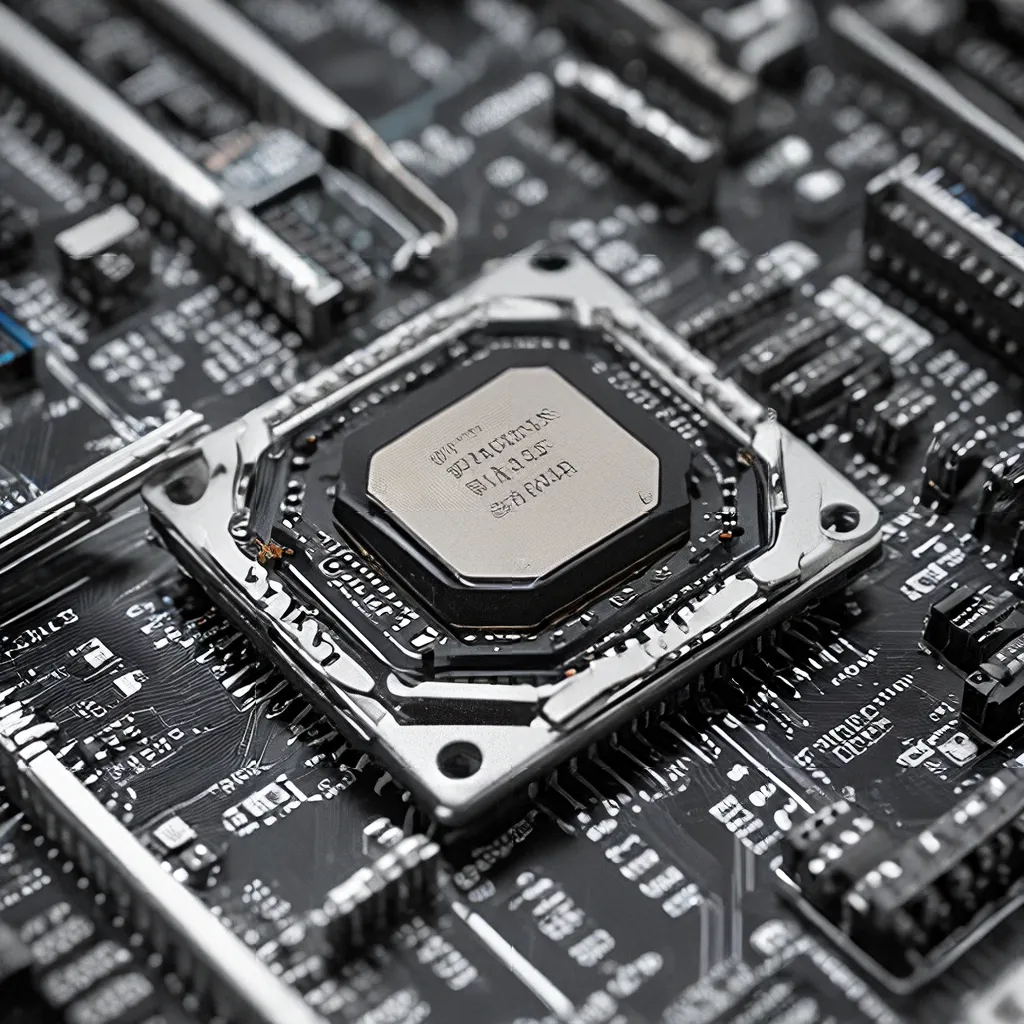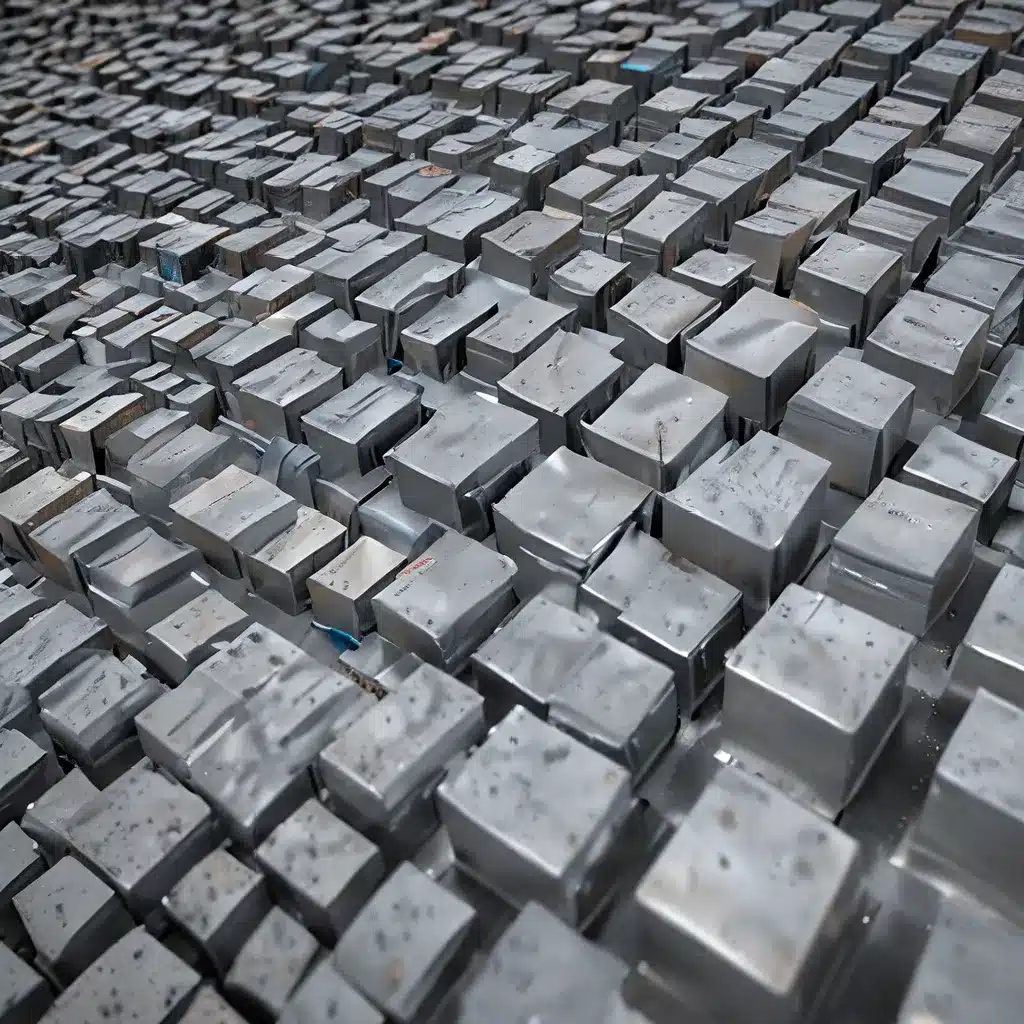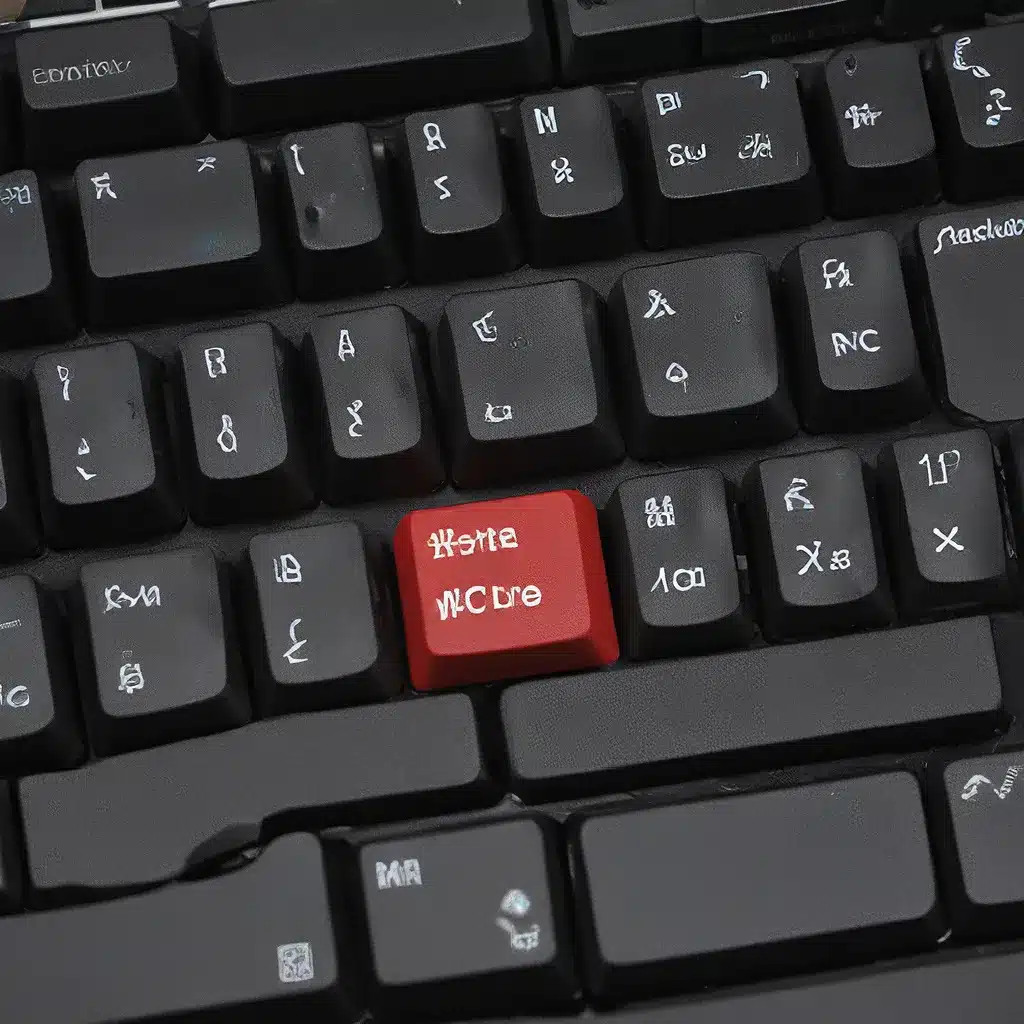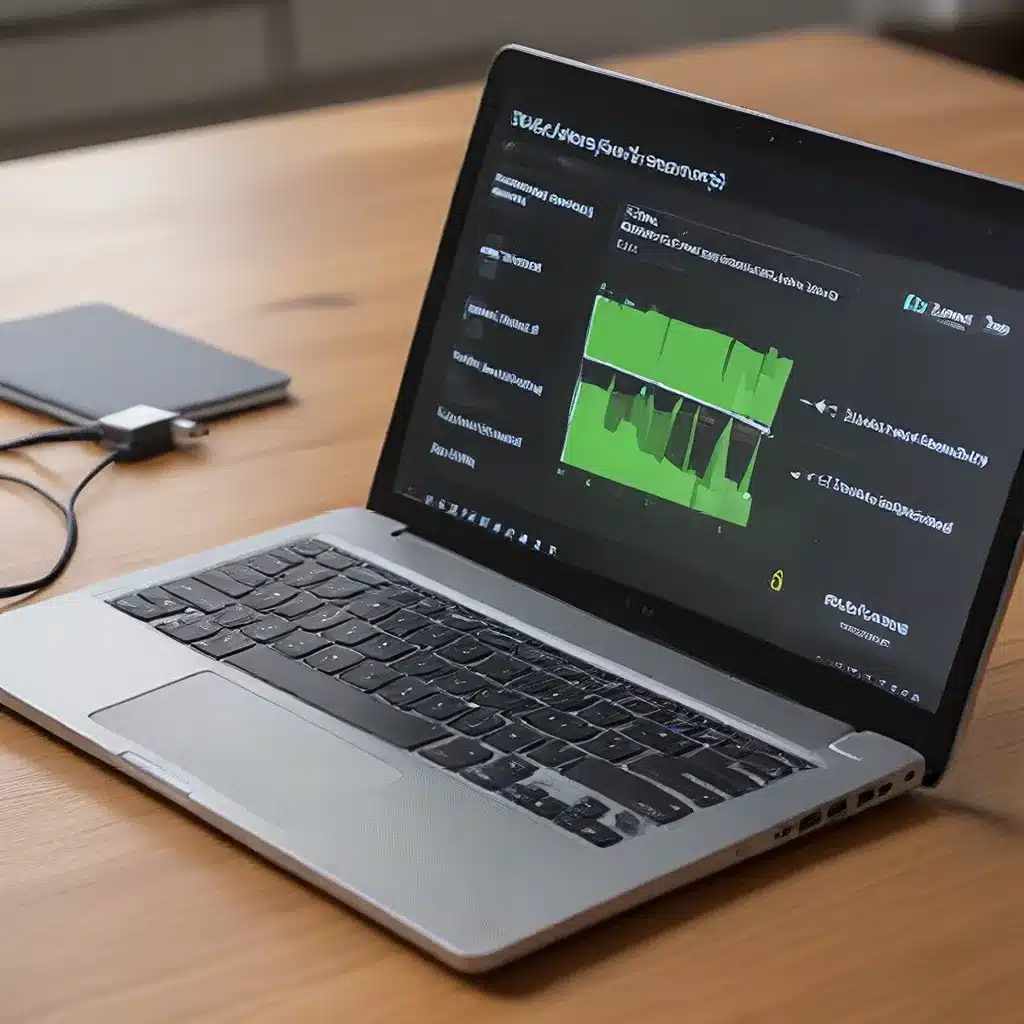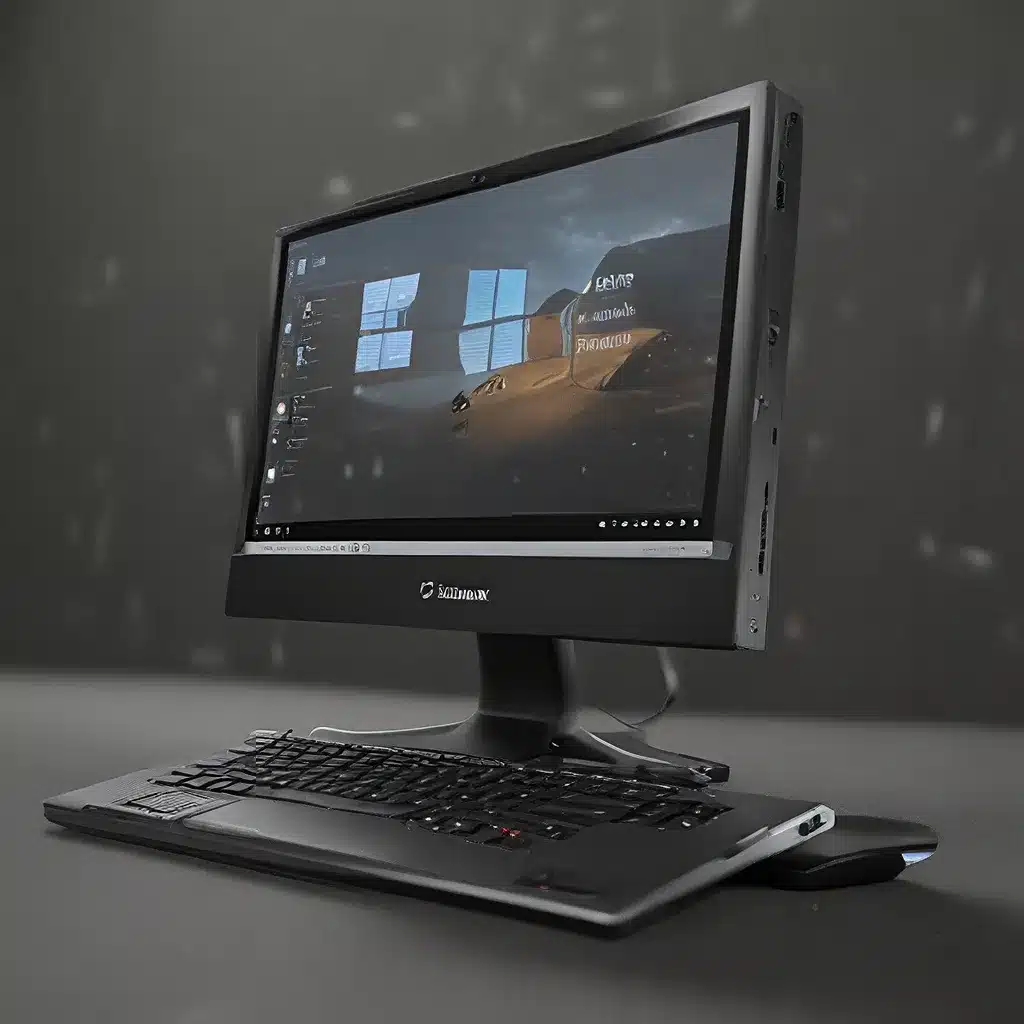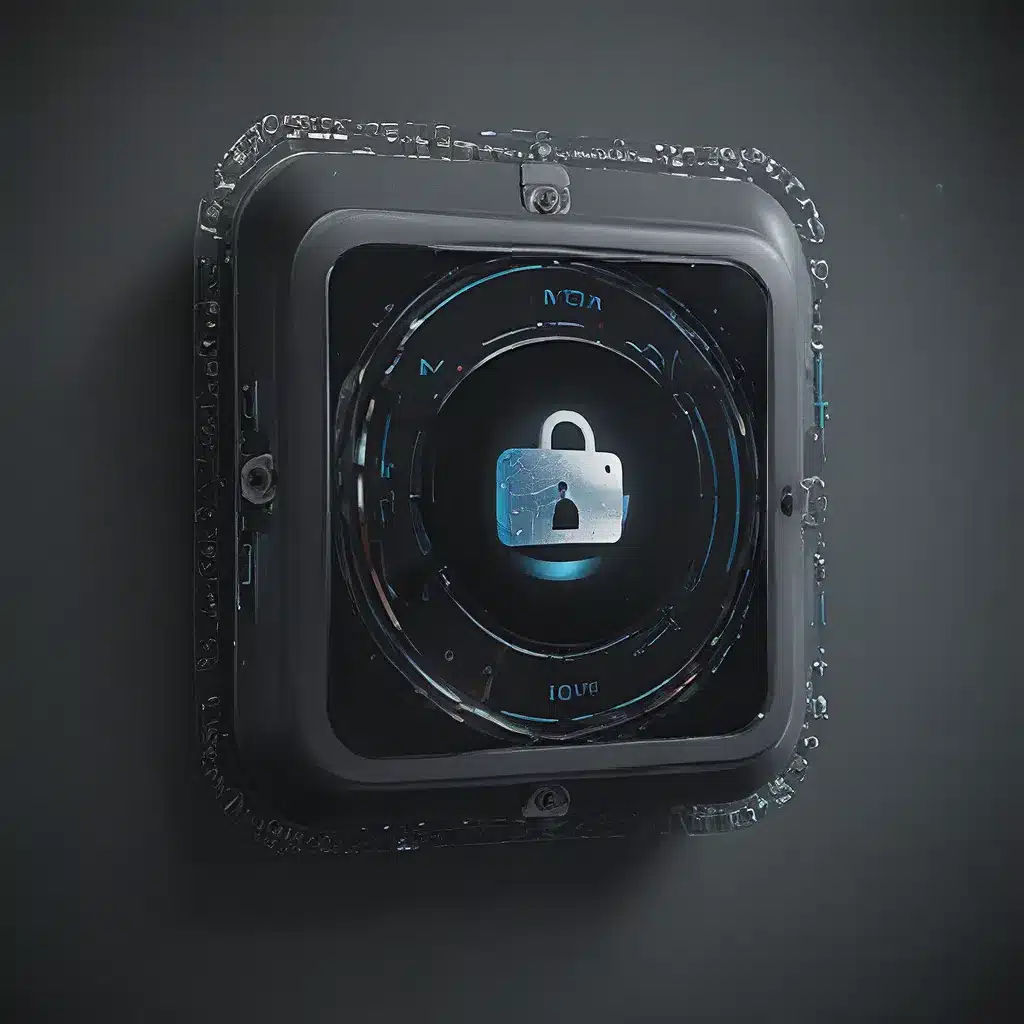Diving Into the Used PC Purchase Rabbit Hole
Have you ever found yourself browsing the classifieds, scouring for a used PC that could save you a bundle? It’s a tempting prospect, isn’t it? The idea of getting a high-powered machine for a fraction of the retail cost is enough to make any tech enthusiast’s heart race. But before you dive headfirst into that used PC purchase, let me share a few cautionary tales and essential tips that could save you from a world of trouble.
As someone who has been in the computer repair game for over a decade, I’ve seen it all – from pristine machines that run like a dream to complete lemons that make you wonder if the seller was trying to offload a glorified paperweight. The truth is, buying a used PC is a bit like navigating a minefield. One wrong step, and you could end up with a machine that sucks the life out of your wallet and your sanity.
Looks Can Be Deceiving: Inspect the Physical Condition
The first thing you’ll want to do when eyeing up a potential used PC is to give it a good old-fashioned once-over. Just like when you’re buying a used car, the exterior condition can tell you a lot about how the previous owner treated their machine. [1] Look for any dents, scratches, or other signs of abuse. A well-maintained PC should have a clean, undamaged case that doesn’t scream “I’ve been through the wars.”
But don’t stop there – you’ll also want to take a peek inside. [2] Ask the seller if you can remove the side panel and have a look at the components. Are the cables neatly routed, or is it a tangled mess? Is there a concerning amount of dust buildup? These could be indicators of neglect, which could lead to overheating and premature component failure down the line.
Fact-Checking the Specs: Verifying the Details
Once you’ve given the outside and inside a thorough inspection, it’s time to dive into the nitty-gritty of the PC’s specifications. [3] Don’t just take the seller’s word for it – you’ll want to verify the details for yourself. Boot up the machine and make a note of the exact model numbers for the CPU, GPU, RAM, and storage. Then, head to the manufacturer’s website and cross-reference those details.
It’s also a good idea to run a few benchmark tests to see how the machine’s performance stacks up. [4] Tools like CinebenchR23 or 3DMark can give you a clear picture of the system’s capabilities, allowing you to compare it to similar configurations. If the results are significantly lower than expected, it could be a sign that something is amiss, whether it’s a mismatched component or an underlying issue.
Uncovering the History: Hunting for Red Flags
Now, let’s talk about the elephant in the room: used PCs can sometimes be a breeding ground for shady deals and hidden problems. [5] Before you hand over your hard-earned cash, take a moment to dig into the machine’s history. Ask the seller for the original purchase receipt, which can help you verify the components and ensure the PC hasn’t been reported as stolen.
Another red flag to watch out for is if the seller seems evasive or unwilling to provide detailed information about the machine’s past. [6] A reputable seller should be transparent about any issues the PC has faced, such as water damage, major repairs, or component upgrades. If they’re dodging your questions or offering vague responses, it’s best to walk away and find a more trustworthy seller.
Putting It All Together: Negotiating a Fair Price
Alright, you’ve done your due diligence, and you’re feeling confident about the used PC you’ve got your eye on. Now, it’s time to talk numbers. [7] Don’t be afraid to negotiate a fair price based on the machine’s age, condition, and performance. Keep in mind that a used PC, even a well-maintained one, will typically be worth less than a brand-new model.
As a general rule of thumb, you’ll want to aim for a 30-50% discount off the original retail price, depending on the PC’s age and specs. [8] Of course, the exact figure will depend on the local market and the specific components involved. But don’t be afraid to haggle – a good seller should be willing to work with you to reach a mutually agreeable price.
Wrapping Up: Embracing the Used PC Adventure
Buying a used PC can be a bit of a rollercoaster ride, but with the right approach, it can also be an incredibly rewarding experience. By taking the time to thoroughly inspect the machine, verify the details, and negotiate a fair price, you can land yourself a high-powered rig that’ll serve you well for years to come.
Remember, the key to success in the used PC game is to approach it with a discerning eye and a healthy dose of caution. Don’t let your excitement cloud your judgment, and always trust your gut if something feels off. With a little patience and a lot of due diligence, you’ll be well on your way to finding the perfect used PC that’ll have you humming along happily for years to come.



